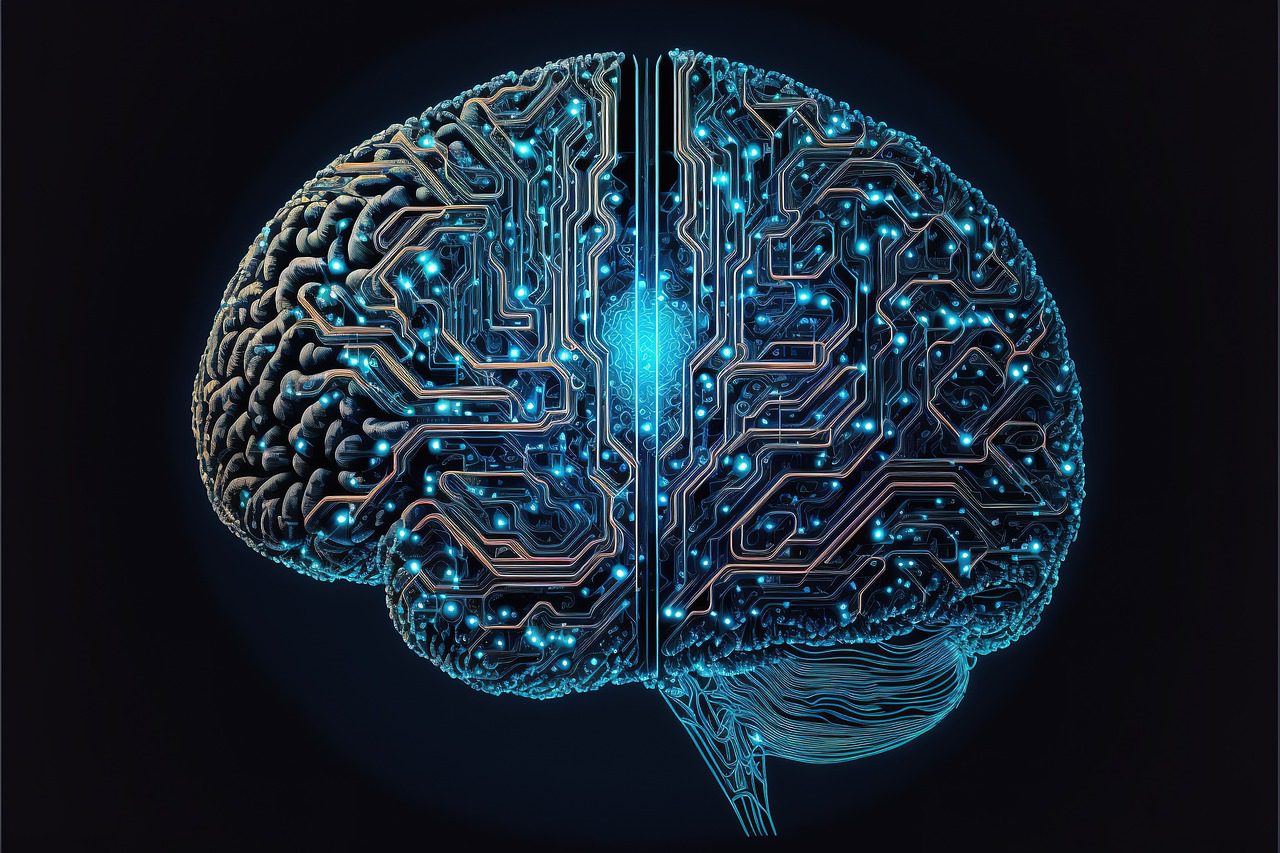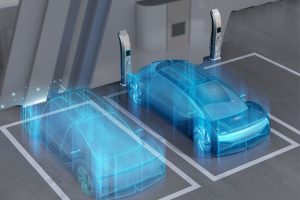Introduction:
In the 21st century, technology has become an indispensable part of our daily lives, permeating every aspect of our existence. From the moment we wake up to the time we go to bed, we are surrounded by various technological advancements that simplify tasks, enhance communication, and offer new opportunities. This article explores the multifaceted ways in which technology has become an integral part of our everyday routines, transforming the way we live, work, and interact with the world around us.
Communication and Connectivity:
One of the most notable impacts of technology on everyday life is its influence on communication and connectivity. The rise of smartphones, social media platforms, and instant messaging applications has revolutionized how we connect and interact with others. Communication barriers have been shattered as the distance is no longer an obstacle, enabling real-time conversations with friends, family, and colleagues across the globe. Video conferencing has become commonplace, allowing face-to-face interactions regardless of geographical boundaries. Moreover, social networking platforms have facilitated the sharing of ideas, experiences, and emotions on a global scale, fostering virtual communities and expanding our networks.
Simplifying Daily Tasks:
Technology has brought remarkable convenience by simplifying everyday tasks. Home automation systems have transformed houses into smart homes, allowing us to control various devices with a simple voice command or a tap on our smartphones. From adjusting room temperatures to controlling lighting and appliances remotely, technology has made our living spaces more comfortable and energy-efficient.
In addition, the advent of e-commerce platforms has revolutionized the way we shop. With a few clicks, we can order products from around the world and have them delivered to our doorstep, eliminating the need for physical visits to stores. Digital payment methods have further streamlined the purchasing process, making transactions quick, secure, and hassle-free.
Education and Learning:
Technology has also revolutionized the field of education, making learning more accessible and engaging. Online learning platforms offer a wealth of educational resources, enabling individuals to acquire new skills and knowledge at their own pace and convenience. Virtual classrooms and webinars allow students and professionals to attend lectures and workshops remotely, expanding opportunities for lifelong learning.
Furthermore, digital tools and applications have enhanced the learning experience in traditional educational institutions. Interactive whiteboards, multimedia presentations, and educational software enable educators to deliver lessons in dynamic and engaging ways, catering to diverse learning styles. Augmented reality (AR) and virtual reality (VR) technologies provide immersive experiences, bringing abstract concepts to life and fostering deeper understanding.
Healthcare and Well-being:
Technology has made significant strides in the healthcare sector, improving patient care and overall well-being. Electronic health records (EHRs) have digitized medical information, enabling easy access and sharing of patient data among healthcare professionals, leading to more accurate diagnoses and personalized treatments. Telemedicine and remote monitoring technologies have made healthcare more accessible, particularly in rural or underserved areas, enabling patients to consult with doctors and receive medical advice remotely.
Furthermore, wearable devices and health apps have empowered individuals to take control of their well-being. Fitness trackers monitor physical activity, heart rate, and sleep patterns, encouraging healthier lifestyles. Mobile apps provide access to nutrition information, meditation techniques, and fitness routines, helping individuals manage their overall wellness.
What are the Benefits of Technology?
Technology has undoubtedly transformed our lives in numerous ways, bringing forth a multitude of benefits across various domains. From communication to healthcare, education to productivity, technology has revolutionized the world and continues to shape our future. Here are some of the key benefits of technology:
- Enhanced Communication: Technology has revolutionized communication, enabling instant and seamless interactions across vast distances. Through smartphones, social media platforms, and messaging apps, we can connect with loved ones, collaborate with colleagues, and build global networks. Communication barriers have been shattered, fostering cultural exchange, and creating a more interconnected world.
- Increased Productivity: Technology has significantly increased productivity in both personal and professional spheres. Automation and digital tools have streamlined processes, reducing human error and saving time. From computer software and mobile apps to project management tools and cloud storage, technology empowers individuals and organizations to accomplish tasks more efficiently and effectively.
- Access to Information: The internet has become a vast repository of information, making knowledge accessible to anyone with a device and an internet connection. Search engines, online libraries, and educational platforms provide instant access to a wealth of information, empowering individuals to learn, explore new ideas, and stay informed about current events. This democratization of information has opened up opportunities for personal growth and lifelong learning.
- Improved Healthcare: Technological advancements have transformed the healthcare industry, leading to improved patient care and outcomes. Medical devices, telemedicine, and digital health records enable remote monitoring, diagnosis, and treatment. This allows patients to receive medical advice and consultation from the comfort of their homes, particularly benefiting those in remote or underserved areas. Technology has also facilitated medical research, leading to breakthroughs in treatments and therapies.
- Education Transformation: Technology has revolutionized education, making learning more accessible and engaging. Online learning platforms, digital textbooks, and educational apps provide flexible and personalized learning experiences. Interactive tools, simulations, and virtual reality enhance understanding and promote critical thinking. Technology equips students with the skills needed for the digital age, preparing them for future careers and fostering lifelong learning.
- Increased Efficiency and Convenience: Technology has made our lives more convenient and efficient. From online shopping and e-commerce to home automation systems, technology simplifies daily tasks and saves time. Smart devices and appliances, along with internet-connected systems, offer convenience and energy efficiency. Digital payment methods eliminate the need for cash, making transactions faster and more secure.
- Global Connectivity: Technology has connected people from different cultures and backgrounds, fostering global connectivity and understanding. Social media platforms, video conferencing, and online communities bridge geographical distances, allowing for virtual collaboration, cultural exchange, and global partnerships. This interconnectedness promotes diversity, empathy, and cooperation on a global scale.
Important Points:
The benefits of technology are vast and far-reaching. It has revolutionized communication, increased productivity, facilitated access to information, transformed healthcare and education, and brought convenience and efficiency into our lives. However, it is essential to approach technology with a balanced perspective, considering its impact on privacy, mental well-being, and environmental sustainability. By harnessing the advantages of technology while addressing its challenges, we can create a future where technology serves as a tool for progress, empowerment, and sustainable development.
Conclusion:
The pervasive influence of technology in everyday life cannot be overstated. From communication and connectivity to simplifying daily tasks, enhancing education, and revolutionizing healthcare, technology has reshaped our world in profound ways. While the benefits are undeniable, it is important to strike a balance and ensure responsible and ethical use of technology. By harnessing its potential while remaining mindful of its impact, we can fully embrace the advantages offered by technology in our daily lives.












